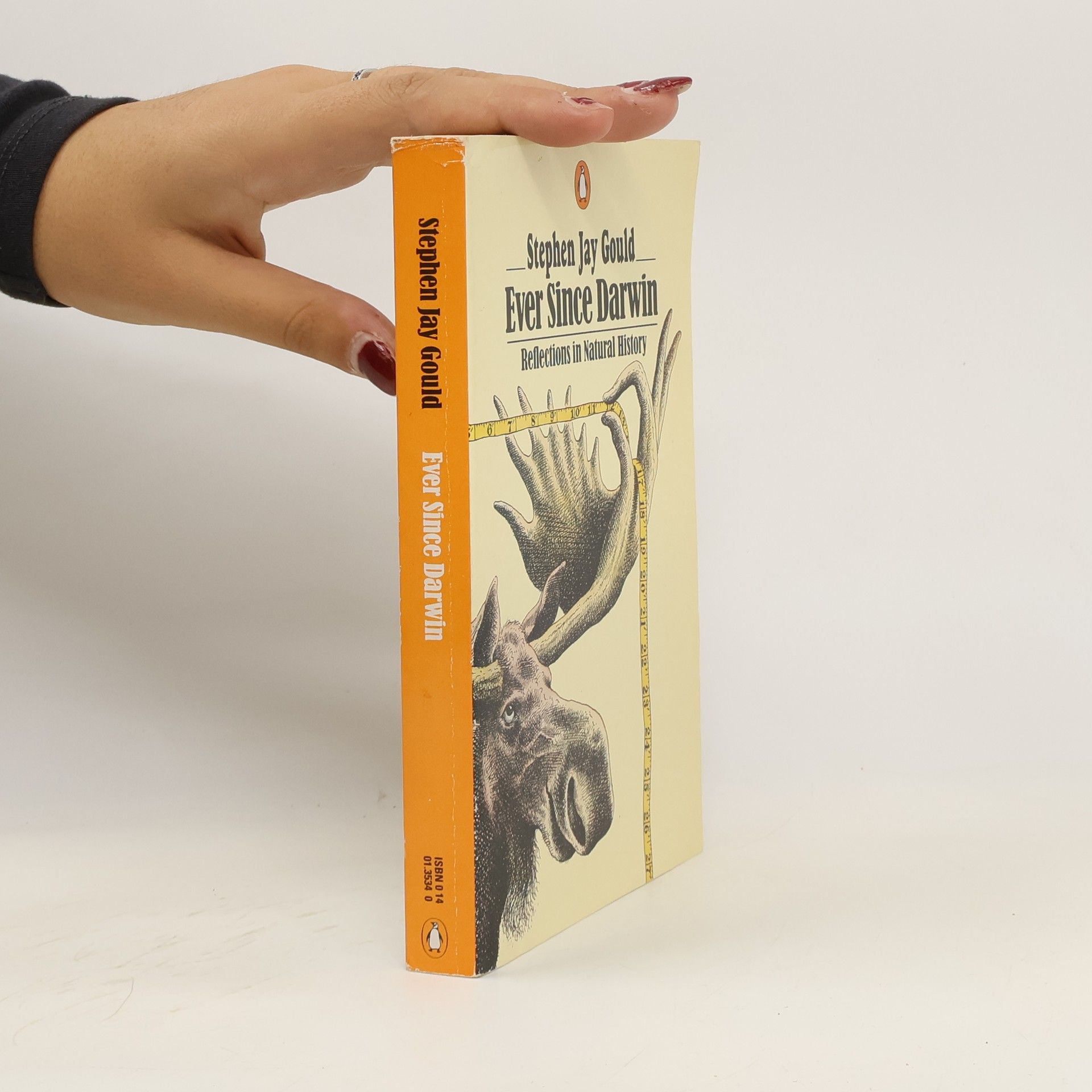Stephen Jay Gould, el más famoso de los científicos naturales de nuestro tiempo, nos ha enseñado a entender la ciencia y a comprender el mundo con agudeza y buen humor. Todos sus libros son piezas esenciales del bagaje cultural que necesitamos. En este libro nos muestra el poder explicativo de la teoría evolutiva a partir de singularidades aparentemente misteriosas e intrigantes: «¿Por qué ningún gran animal se desplaza sobre ruedas? ¿Cómo puede inducirse a las gallinas a que desarrollen dientes, cuando hace más de cincuenta millones de años que no se han formado en ninguna ave? ¿Por qué coincidió la desaparición de los dinosaurios con la extinción de gran parte de los invertebrados marinos? Las cebras, ¿Son blancas con franjas negras, o negras con franjas blancas?»
Gould Stephen Jay Libros
Stephen Jay Gould fue un destacado paleontólogo y biólogo evolutivo estadounidense, célebre por su convincente escritura de divulgación científica. Su investigación empírica se centró principalmente en caracoles terrestres, y co-desarrolló la teoría del equilibrio puntuado, que postula la estabilidad evolutiva marcada por cambios rápidos. Gould se opuso al seleccionismo estricto y a la sociobiología, abogando por la compatibilidad de la ciencia y la religión como "magisterios" compatibles y no superpuestos. Sus ensayos y libros hicieron accesibles las complejas ideas científicas a una amplia audiencia.

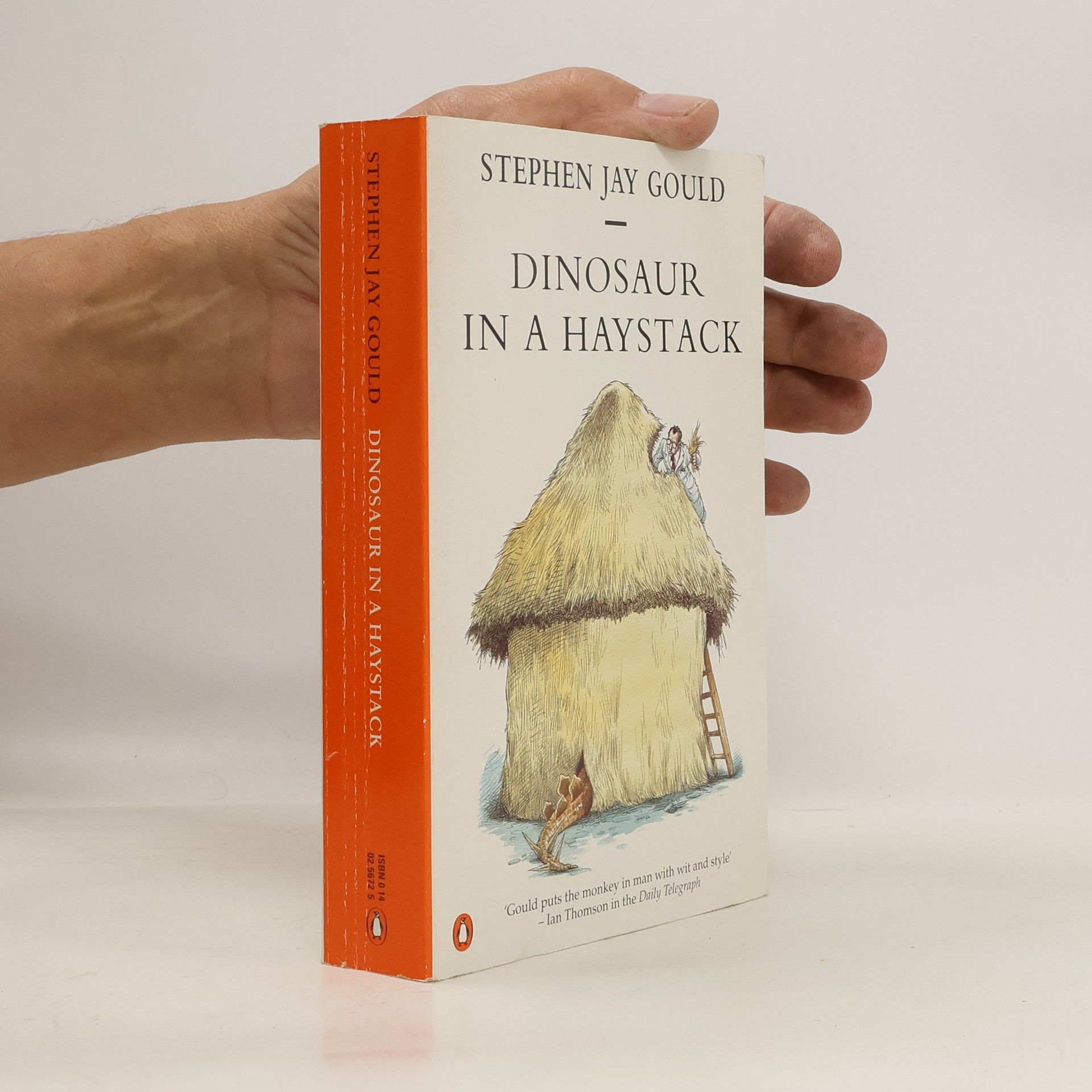
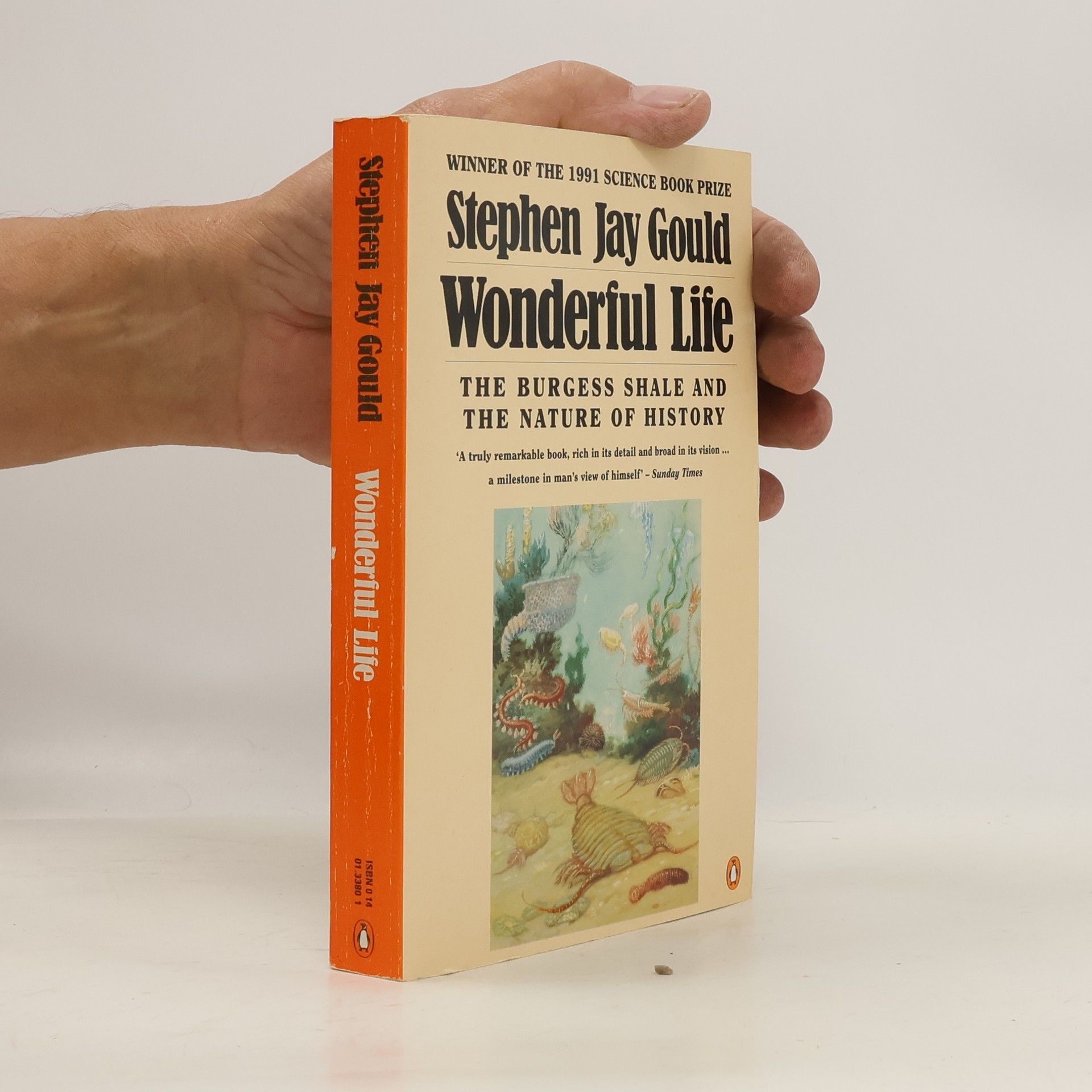
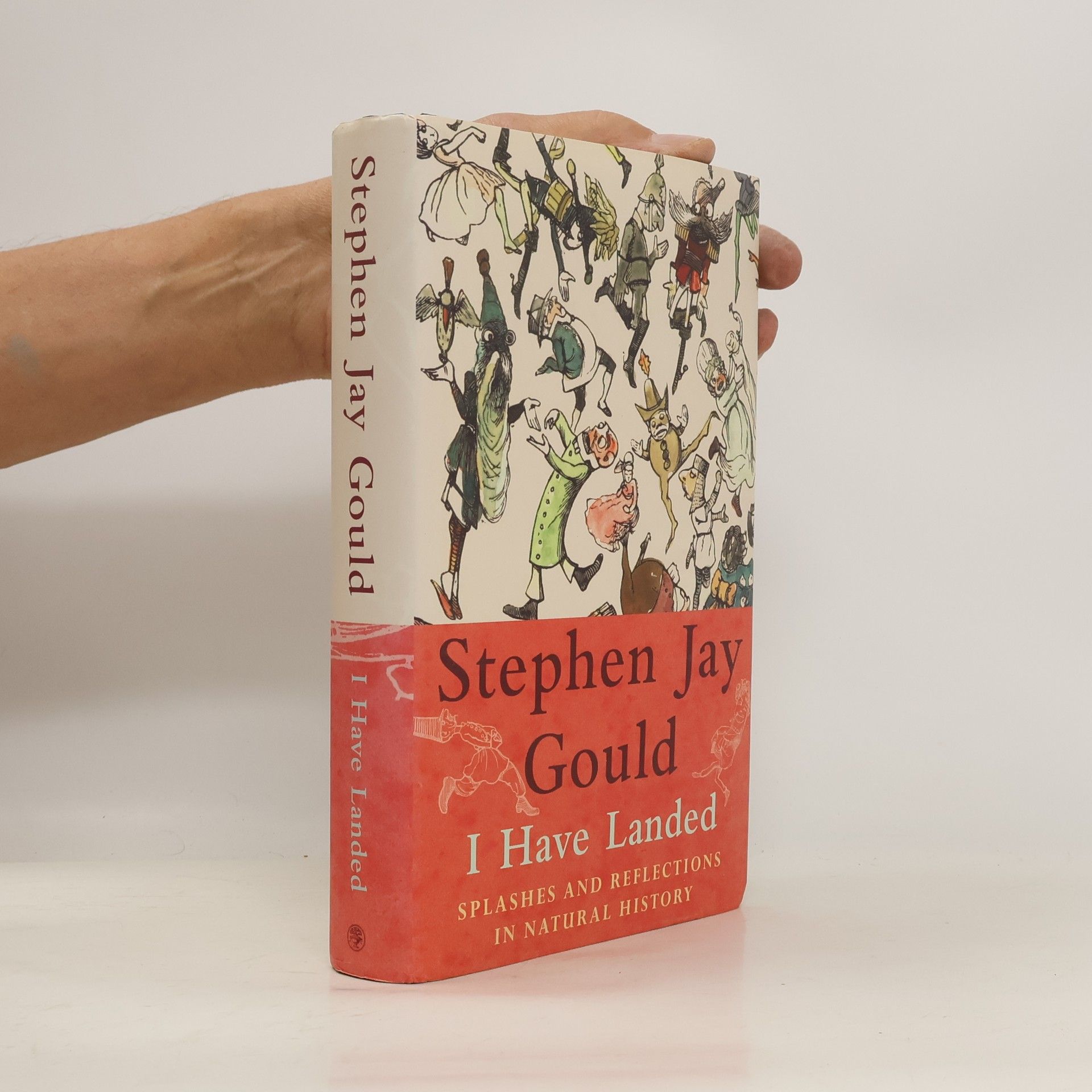
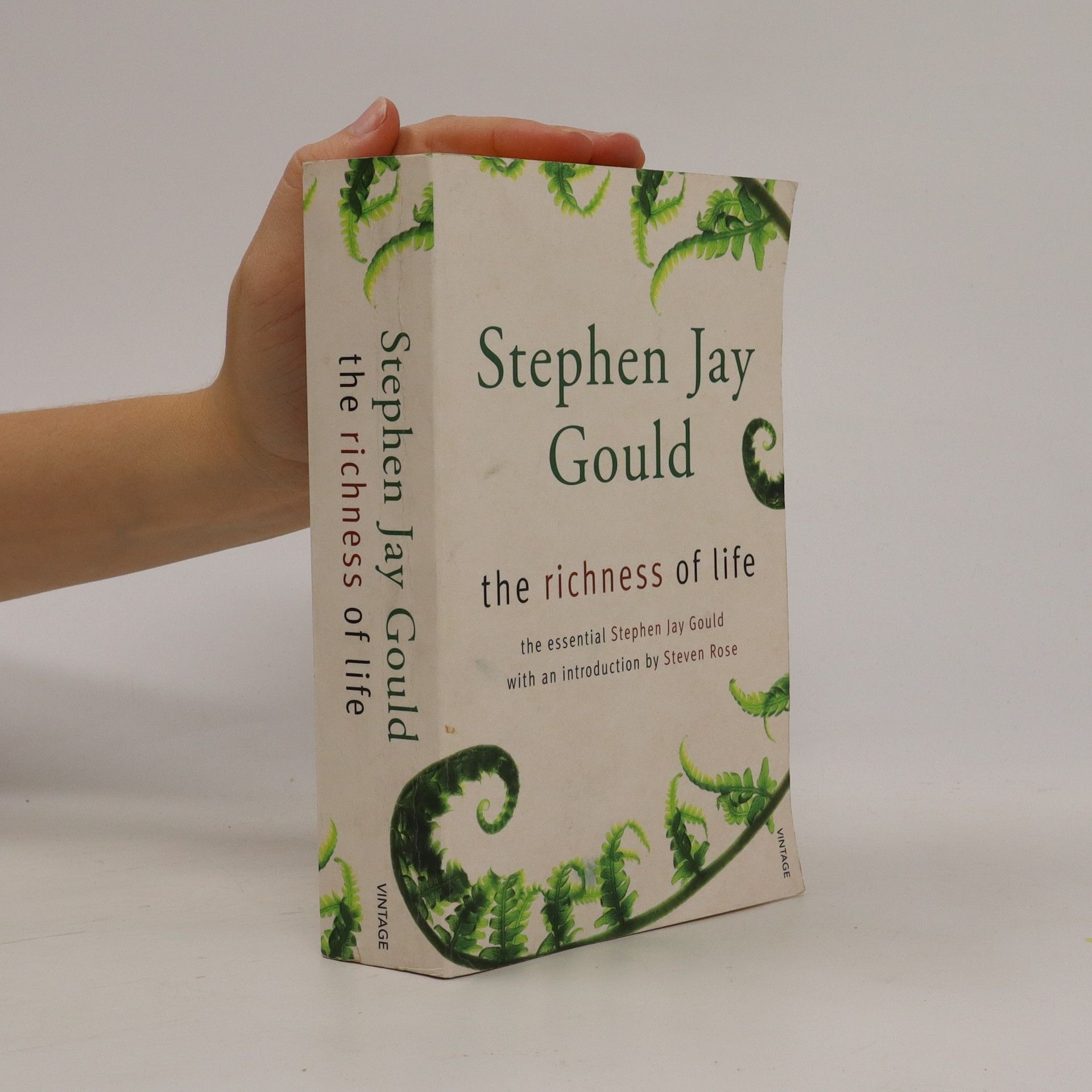
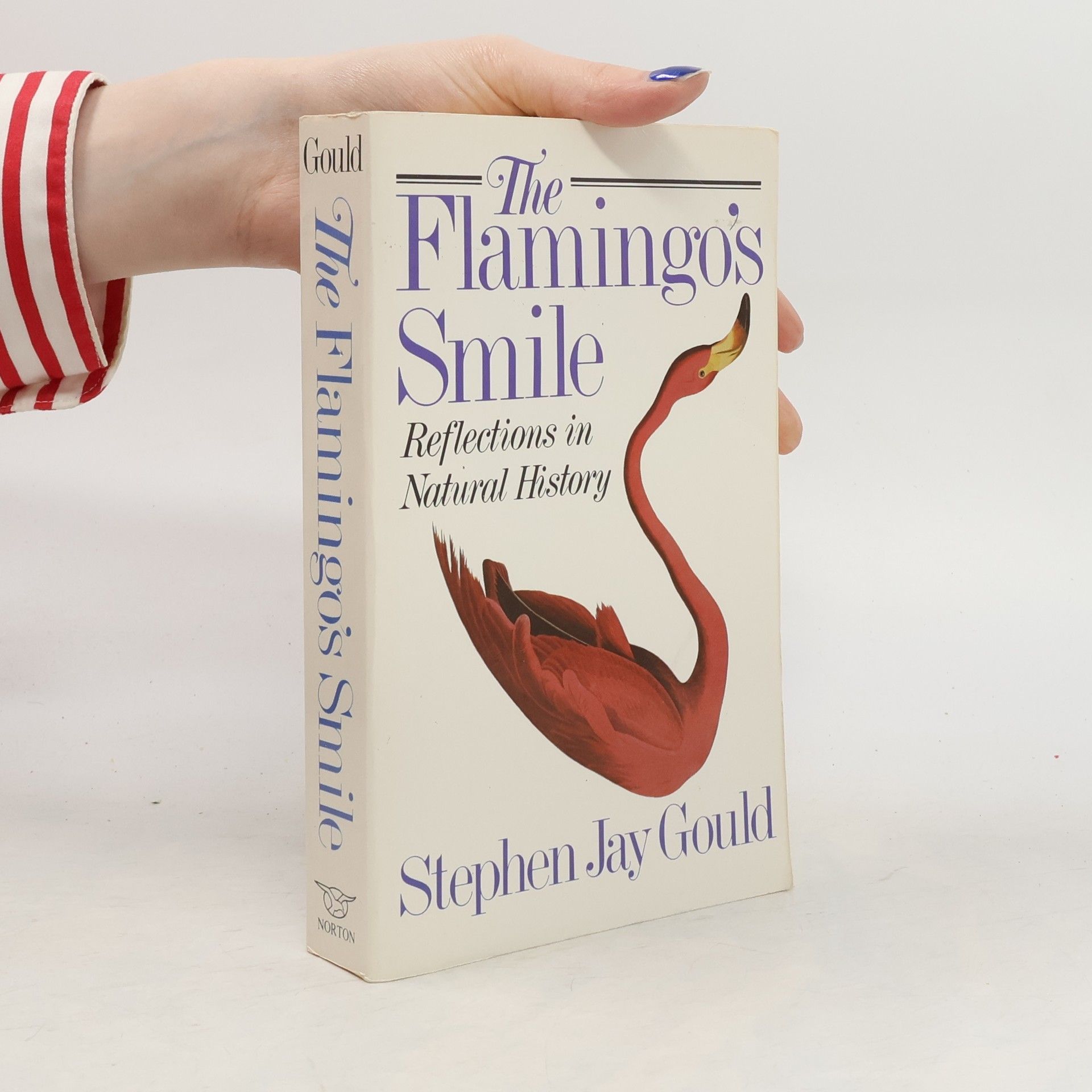

The flamingo's smile. Reflections in natural history
- 476 páginas
- 17 horas de lectura
Contains thirty of the author's essays from monthly columns in Natural History Magazine.
The richness of life
- 656 páginas
- 23 horas de lectura
There aren't many scientists famous enough in their lifetime to be canonized by the US Congress as one of America's 'living legends'. It is still more unlikely that the title should have been conferred on a man regarded by many in the US as a notorious ra
I Have Landed
- 320 páginas
- 12 horas de lectura
This collection of essays from "Natural History" magazine illuminate and elucidate key scientific concepts and their history, ranging from the discovery of the new scourge of syphilis by Fracastoro in the 16th century to Freud's weird speculations about human phylogeny.
Wonderful Life
The Burgess Shale and the Nature of History
Basing his argument around the history of science's treatment of the fossils of the Burgess shale, the author presents a view of evolution as a non-progressive system, which saw a wide range of early designs for life winnowed down to the relatively few basic designs that exist today.
This seventh collection of Stephen Jay Gould's natural history essays covers subjects ranging from fossils to ship worms, starting with a solar eclipse in New York, and finishing with bus stops in Greece.
Essays from the author's column This view of life, published in Natural history.
The Structure of Evolutionary Theory
- 1464 páginas
- 52 horas de lectura
The book critiques classical Darwinism by examining its fundamental components, historical development, and origins. It challenges established beliefs and proposes a new framework for understanding evolutionary theory, encouraging readers to rethink traditional concepts in light of contemporary insights.
The Mismeasure of Man
- 432 páginas
- 16 horas de lectura
The definitive refutation to the argument of The Bell Curve.
Ever Since Darwin, Stephen Jay Gould's first book, has sold more than a quarter of a million copies. Like all succeeding collections by this unique writer, it brings the art of the scientific essay to unparalleled heights.



